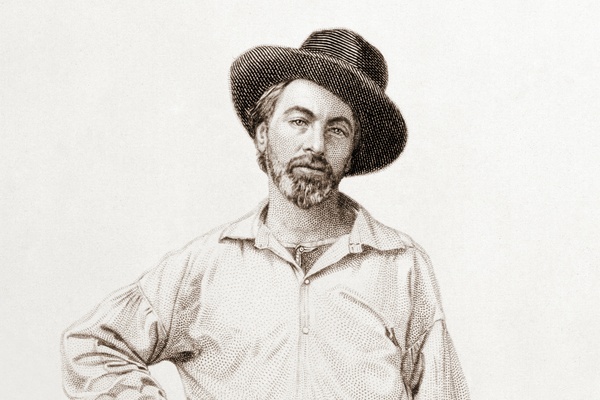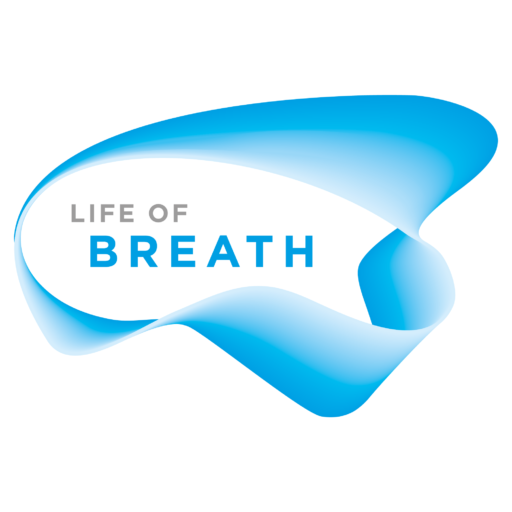Respiration as Inspiration
by David Fuller, Life of Breath Researcher
Through his research for the Life of Breath project, Professor David Fuller explores the ways in which breath inspires the writing and performance of poetry and literature.
As part of the Catch Your Breath exhibition, we interviewed David about some key works that relate to his research. Below are David’s performances of these selected works, along with an introduction discussing their significance to the project.
George Herbert, Affliction (III)
George Herbert’s poem Affliction (III) discusses the link between breath, life and God and reveals some interesting insights into 17th Century beliefs around the physiology of sighing.
Samuel Taylor Coleridge, The Eolian Harp
The Aeolian harp is a stringed instrument that is played by a current of air passing through it. Named after Aeolus, the Ancient Greek god of the winds, the harp is often placed near an open window to allow natural currents to produce music. In his poem The Eolian Harp, Coleridge draws the link between the breath of God and the natural wind, lending a mystical, religious significance to the sound of the instrument.
Walt Whitman, Song of Myself

Credit: Wikimedia Commons
The link between ‘respiration’ and ‘inspiration’ is central to this work by American poet Walt Whitman.
Charles Olson, Projective Verse
Taking inspiration from Walt Whitman, Ezra Pound and William Carlos Williams, Charles Olson’s Projective Verse is a manifesto for how a new type of poetry could be composed and performed. Olson believed that the form of the poetic lines should be based on the rhythms of the breath, pointing towards a style of composition radically free from rhythmic conventions of European poetry.
Find out more about the literary aspects of the Life of Breath project in the Catch Your Breath exhibition at Palace Green Library, open every day 10am-5pm until Sunday 17 March 2019.
Professor David Fuller is Emeritus Professor of English and former Chairman of the Department of English Studies at Durham University. From 2002 to 2007, he was also the University’s Public Orator. He has written books and essays on a wide range of poetry, drama, and novels from Medieval to Modern and the theory and practice of criticism.



